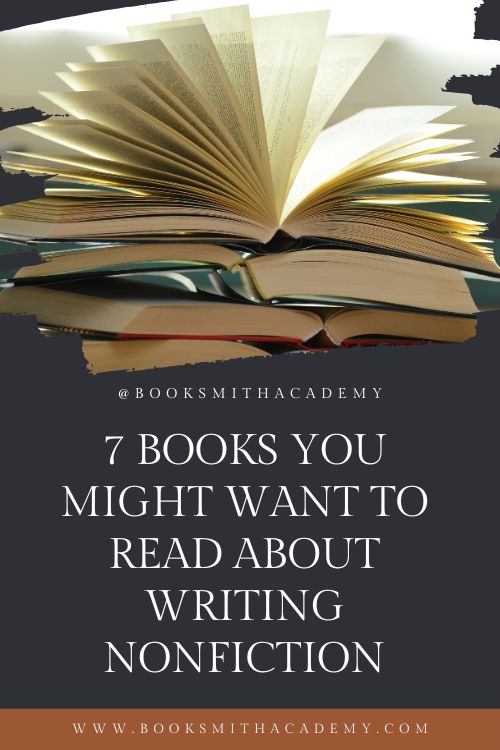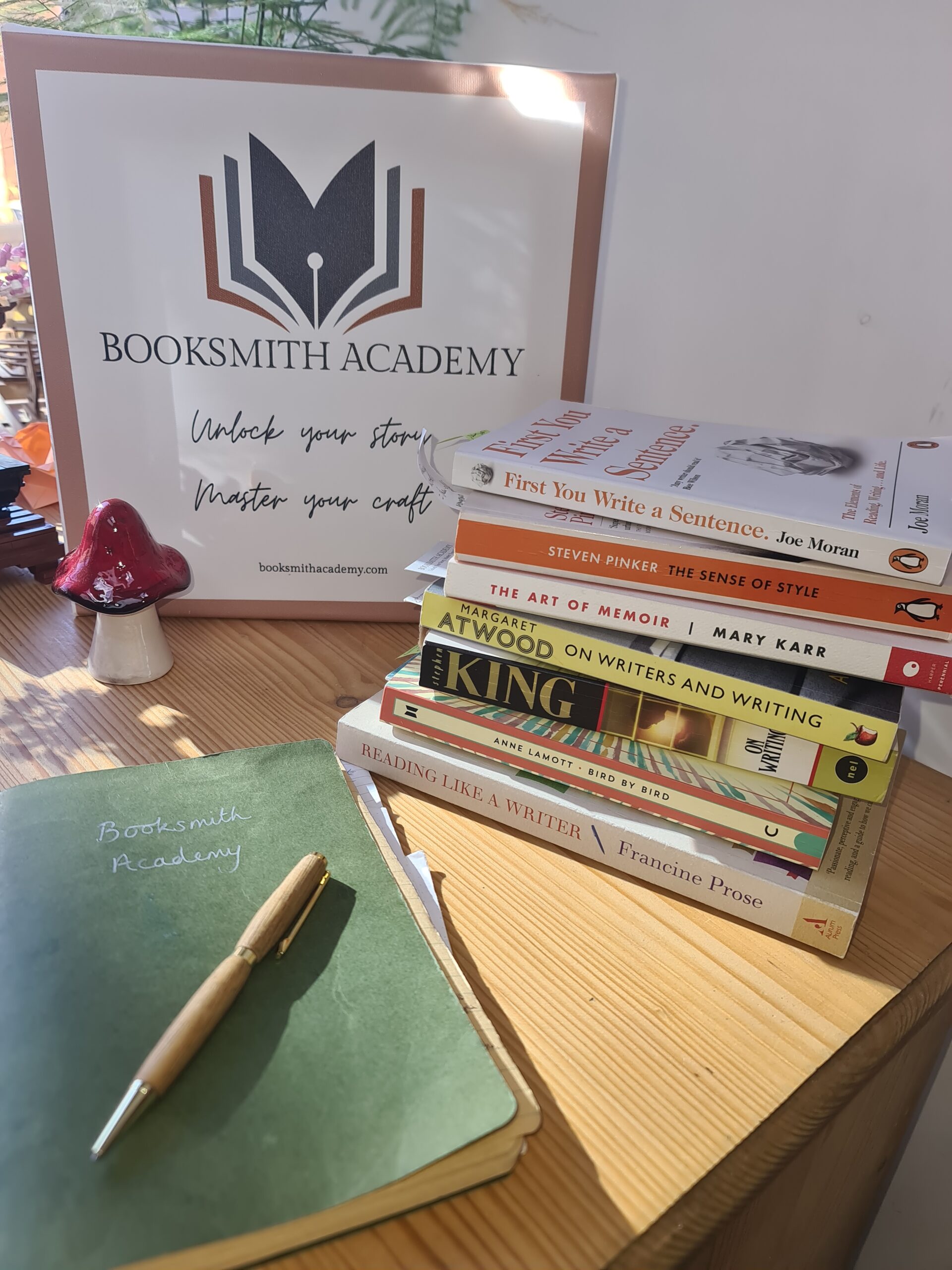
As a writer, you can never read too much. Reading is like … well, erm, I won’t cobble together a simile to describe how I feel about reading as a writer, because Pam Allyn’s is unbeatable and worth repeating:
“Reading is like breathing in; writing is like breathing out.”
So, if you’re a debut author looking to bolster your writing skills or an experienced writer needing an inspirational lift, let me point you in the direction of some good reads on the art of writing nonfiction. See what takes your fancy.
1. Reading Like a Writer: A Guide for People Who Love Books and for Those Who Want to Write Them by Francine Prose
This is a great place to start your deep dive: a book all about the art of proactive reading. Analysing lauded authors’ words, sentences and paragraphs to find out how and why they are masters of their craft.
And don’t let the idea of literary criticism put you off – Prose’s approach treads lightly, while being hugely insightful and light-hearted. An easy read with a lot to give.
2. Bird by Bird by Anne Lamott
As a bestselling author and honest observer of the writing art, Lamott offers reams of practical advice and lessons learnt from her career and writing life. When the contents list bounces from Shitty First Drafts to How Do You Know When You’re Done?, you know you’re in for a treat.
And, nope, I’m not going to tell you why it’s called Bird by Bird – you’ll just have to read it to find out!
3. On Writing: A Memoir of the Craft by Stephen King
This is a well-known one for good reason. One of many interlacing biography with writing tips, this one is a well-paced meander through the stand-out moments in his writing life, to help budding and established authors grow while understanding the ups and downs of being (or wanting to become) a professional writer.
4. On Writers and Writing by Margaret Atwood
Despite the similarity in title, Atwood’s book is a more cerebral analysis of a writer’s life, purpose and skills than King’s. In my experience, it is not a light bedtime read. It’s a sit-up-and-take-notice book. Written in her usual erudite style, it’s full of wisdom and powerful observations about others’ texts, but takes work to pick out the practical tips and life lessons for a casual reader/writer.
5. The Art of Memoir by Mary Karr
Another classic in the genre, this one is sadly, unbelievably, out of print. But grab yourself a second-hand copy if you can, because, even if you’re not writing a memoir, this is a gift of a book for authors and people interested in people. Karr sets out her own process for life writing, tackling major stumbling blocks like memory, libel, and family politics, while illustrating her points with scenarios from her own past.
It’s a shrewd, irreverent, devastatingly funny and definitive book on life writing for everyone.
6. The Sense of Style by Steven Pinker
Now, a dip into the world of pyscholinguist Pinker to find out the secret to good prose from a scientific and psychological standpoint. But, again, don’t be discouraged by the academic credentials of the author. Pinker is a very accessible writer who makes extremely difficult subjects very easy to digest. And he’s funny, to boot.
The book is filled with fascinating revelations and explanations, including those in my top two chapters: A Window onto the World (an extension of show don’t tell, with a rant against the tortuous style of legalese and academese) and The Curse of Knowledge (why knowing a lot about a subject can make it difficult to share clearly in writing).

7. First You Write a Sentence by Joe Moran
And lastly, but not leastly, this offering from Moran. It’s not written like a writing guide, but it leaves you with a new-found awareness of what good writing looks like and how we can all write with more clarity and verve.
His voice is very chatty and light-hearted, so nuggets of wisdom and insights into writing style are super accessible and easy to absorb. Take away some easy but transformational tips to make your prose buzz while having a good time page after page.
Other books you might like
Other books that have been helpful to me in learning the craft of particular nonfiction genres or particular elements of linguistic style are listed below. I haven’t reviewed them as I have with the other 7 because they’re useful as reference books, not as jolly good reads, so can be gathered here as one.
- Write Fantastic Non-Fiction by Teach Yourself
- The Elements of Style by William Strunk Jnr and E. B. White
- Writing Successful Self-Help and How-To Books by Jean Marie Stine
- Life Writing: A Writers’ & Artists’ Companion by Sally Cline and Carole Angier
If you’re thinking of buying any of the books covered in this month’s blog, please consider supporting second-hand or indie bookstores, or libraries.
Happy reading!
